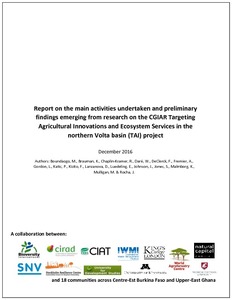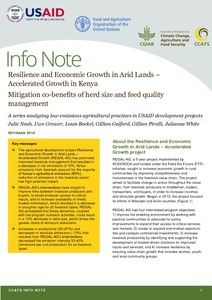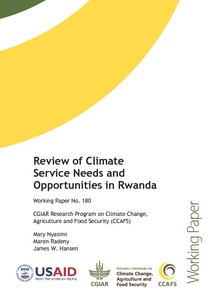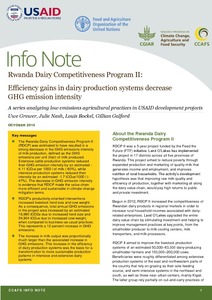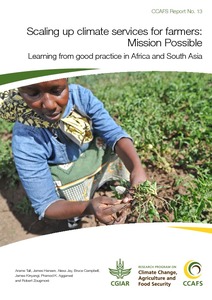Reducing deforestation and enhancing sustainability in commodity supply chains: interactions between governance interventions and cattle certification in Brazil
A large number of governance interventions are being developed in order to reduce deforestation and enhance the sustainability of commodity
supply chains across the tropics. The extent to which individual agricultural commodity supply chain interventions can achieve scale, and
environmental or social objectives, depends in part on the ways in which those interventions interact with other interventions. We use a casestudy
of the new Sustainable Agriculture Network (SAN) cattle certification program in Brazil to explore the different ways in which governance



